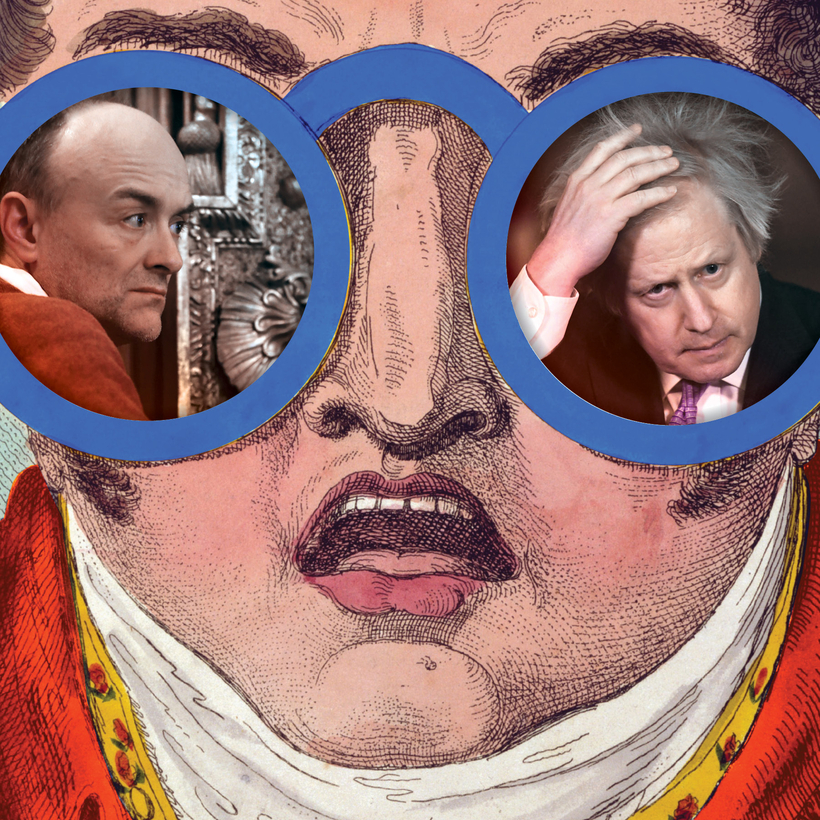This is what happens when you put an arsonist in charge of a gas station. At some point he will strike a match, just to watch the whole place burn.
When Dominic Cummings appeared before a joint committee in the British Parliament this week to explain the government’s handling of the pandemic, there was never any doubt about the intentions of Boris Johnson’s former chief adviser. The man who has been described by Sir John Major, the former British prime minister, as a “political anarchist” was here to settle scores, ruin reputations, and bring the house down.


